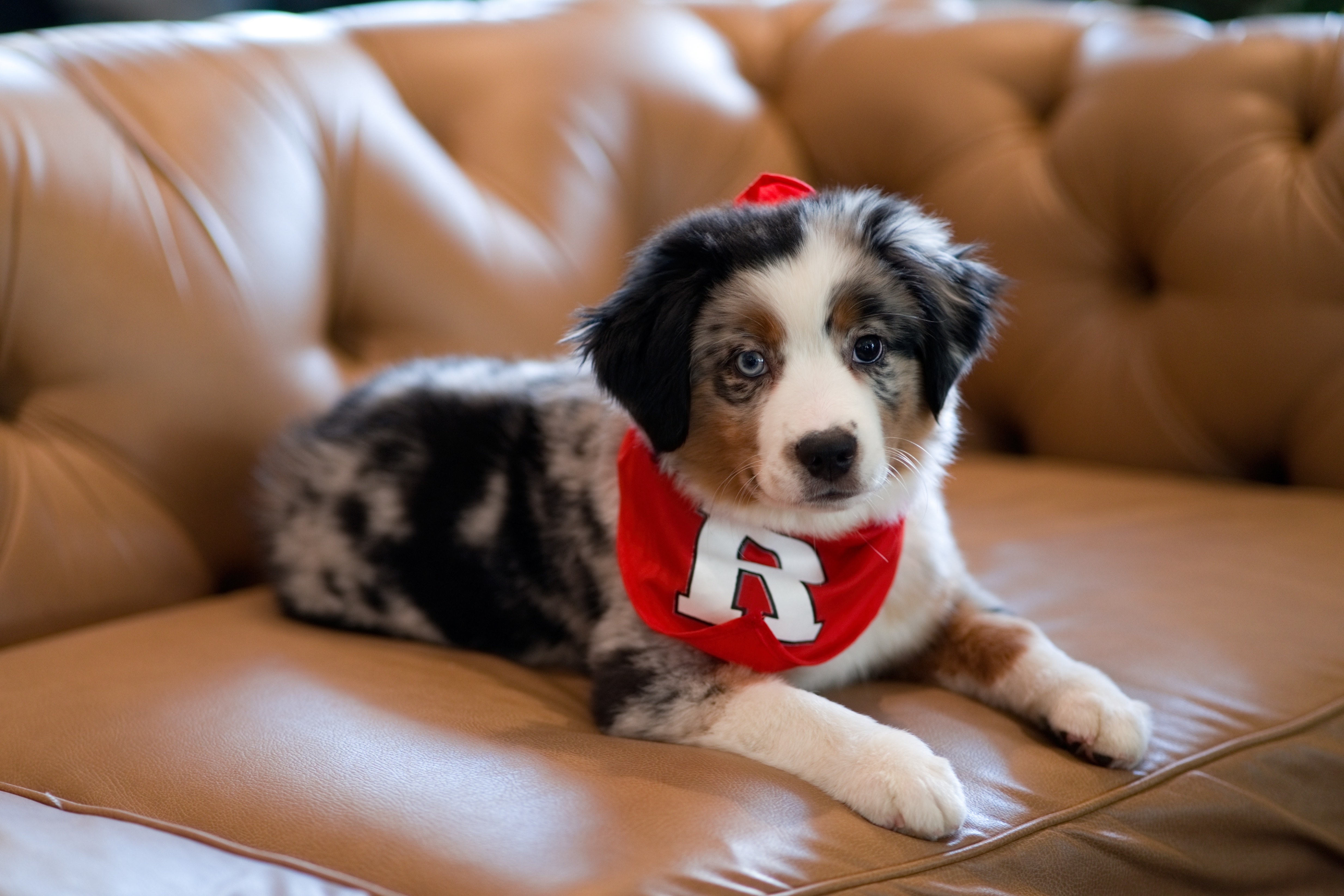Special Housing Accommodations
Residence Life is committed to providing equal educational opportunity by supporting the full participation of all students in our campus community. We promote diversity and inclusion by providing special housing accommodations for students with documented medical disabilities. We also provide special housing accommodations for students with other non-medical needs and assist students who require a service or support animals while living on campus.
Medical Housing Accommodations
Non-Medical Housing Accommodations

Medical Housing Accommodations
Examples
- Access to air-cooled and/or non-carpeted spaces
- First-floor housing assignments or access to elevators
- Semi-private bathrooms
- Modifications to traditional rooms and apartment spaces
- Pillow-shakers for students with hearing loss
- Residence hall access for nursing aides
- Additional micro-fridge to store medications
Requesting Medical Housing Accommodations
- The treating healthcare provider must first complete the Medical Housing Accommodations Request Form for Healthcare Professionals. The student will upload this document when they submit their request.
- The student must submit their request via the Medical Housing Accommodations Request Form for Students.
- All requests are reviewed on a rolling basis by the appropriate university medical, psychological, and/or professional staff.
- Incoming first-year and transfer students must submit medical housing accommodations requests by June 1 prior to the fall semester when they will require the accommodation. Incoming first-year and transfer students are required to submit the general university housing application before they can be considered for housing accommodations.
- Current residents must submit their requests by November 1 prior to the fall semester when they will require the accommodation
Request Medical Housing Accommodations

Non-Medical Housing Accommodations
Examples
- Survivors of sexual assault who need accommodations to feel safe on campus
- Undergraduate students with children who need family housing
- Students who identify as transgender, nonbinary, or gender non-conforming and need additional privacy
Requesting Non-Medical Housing Accommodations
- Non-medical housing accommodations requests are reviewed on a case-by-case basis.
- Rutgers is a public university and is unable to fulfill housing accommodation requests based on religious beliefs or practices.
- Students in need of non-medical housing accommodations must submit their request by emailing Residence Life Housing Assignments at oncampus@rutgers.edu. The email should describe the student’s needs and explain why the accommodation is necessary for a successful on-campus experience.
- Incoming first-year and transfer students must submit their request by June 1 prior to the fall semester when they will require the accommodation.
- Current residents must submit their requests by November 1 prior to the fall semester when they will require the accommodation.
Request Non-Medical Housing Accommodations

Service and Support Animals
- A service animal is any dog or miniature horse that is individually trained to do work or perform a specific task for the benefit of an individual with a disability. Students with service animals should notify Residence Life Student Support so we are aware of the need for an animal in a particular space, and so we can assist with any other needs that the student may have.
- A support animal can be any animal that is legal to own in the state of New Jersey that is not trained to perform a task but simply provides comfort to the individual with a disability with its presence within their living space. Students must receive approval from the Office of Disability Services (ODS) to live in university housing with support animals. Please follow this link to complete the ODS intake form.
- Students with approved animals are not required to or entitled to live in any specific locations on campus.
More Information
Please contact oncampus@rutgers.edu for more information about special housing accommodations. Our staff will not ask for more information than is needed to adequately evaluate a request. All disclosed information will be kept as confidential as possible. Students should contact the Office of Disability Services (ODS) for information about academic accommodations. Learn more about gender-inclusive housing here.

